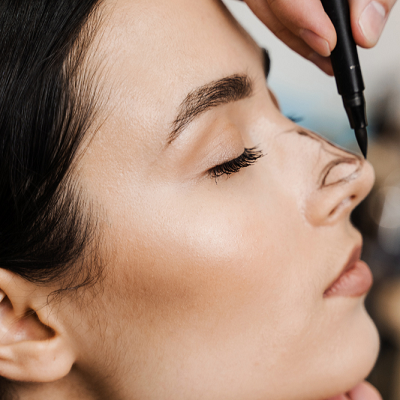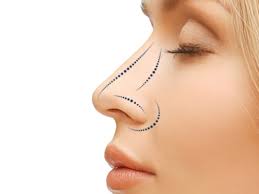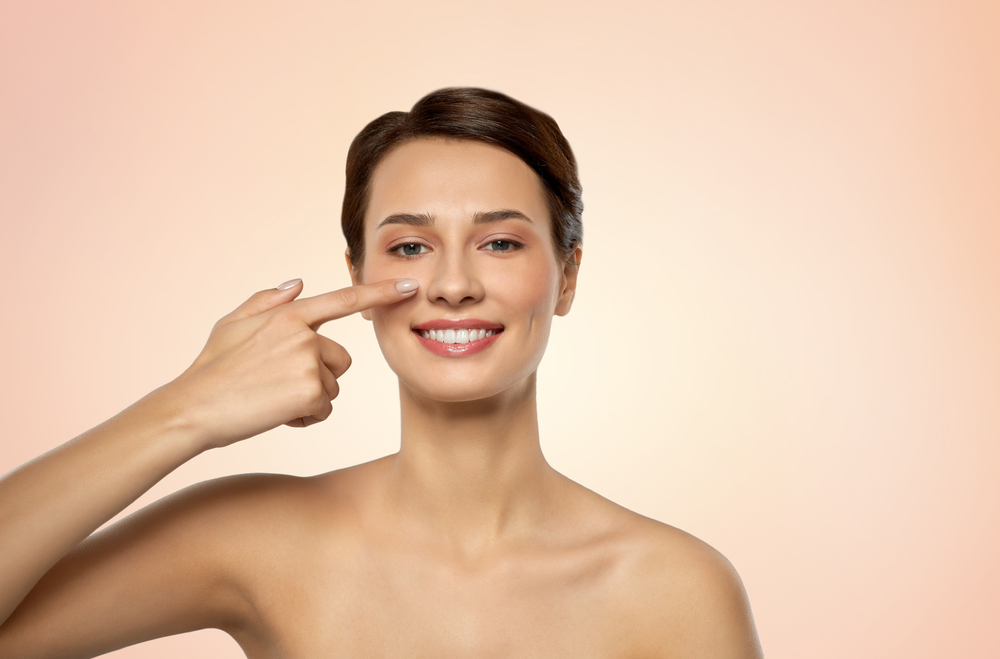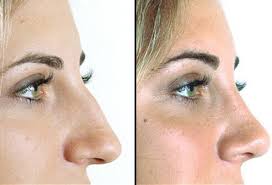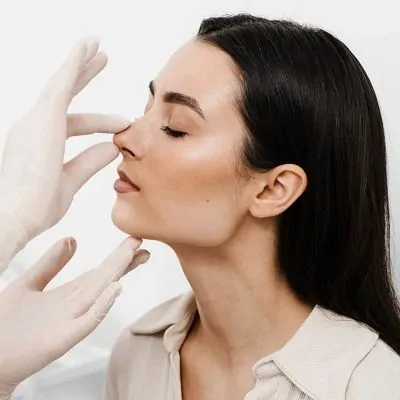Post-Rhinoplasty Care: How to Maintain Your New Nose
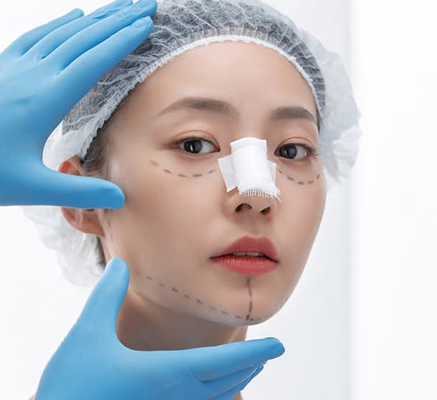
Strong 8k brings an ultra-HD IPTV experience to your living room and your pocket.
Rhinoplasty, commonly referred to as a "nose job," is a transformative cosmetic surgery that can reshape your nose to enhance facial harmony and function While the procedure itself is a major step, post-rhinoplasty care is equally critical in ensuring a successful recovery and long-lasting results. In this guide, we’ll explore essential aftercare tips, what to expect during recovery, and how to protect your newly refined nose (جراحة تجميل الأنف في الرياض).
Understanding the Recovery Timeline
Week 1: The Most Delicate Phase
Expect swelling, bruising around the eyes, and nasal congestion.
A splint will be placed on your nose to maintain shape and support.
Avoid blowing your nose or making any facial expressions that may put strain on the surgical area.
Week 2–4: Gradual Healing
The majority of visible bruising subsides.
Stitches (if non-dissolvable) and the nasal splint are usually removed after the first week.
You may resume light daily activities but still must avoid strenuous physical efforts.
Month 1–3: Resuming Normal Life
Minor swelling persists, especially at the tip of the nose.
Light exercise can resume, but consult your surgeon first.
Be cautious with glasses or sunglasses — avoid pressure on the nose.
6 Months to 1 Year: Full Results
Swelling fully resolves, and your final nose shape will be evident.
Scar tissue matures and fades.
Top Tips for Post-Rhinoplasty Care
1. Keep Your Head Elevated
Sleeping with your head elevated on 2–3 pillows reduces swelling and prevents accidental contact with your nose.
2. Avoid Touching or Bumping Your Nose
Your nose is extremely fragile during the first few weeks. Be mindful of:
Pulling clothes over your head
Hugging or holding children or pets close
Wearing glasses (consider using cheek supports)
3. Follow All Medication Instructions
Take prescribed painkillers, antibiotics, and anti-inflammatory drugs exactly as advised. Don’t skip doses, even if you feel fine.
4. Use Cold Compresses — Carefully
Applying cold compresses near the eyes (not directly on the nose) during the first 48 hours helps reduce swelling and bruising.
5. Keep the Nasal Area Clean and Moisturized
Use saline sprays to gently clean nasal passages and apply ointments (if prescribed) to incision areas to prevent dryness and infection.
What to Avoid After Rhinoplasty
✘ No Smoking or Alcohol
These impair blood circulation and slow the healing process.
✘ Avoid Sun Exposure
UV rays can increase swelling and lead to long-term discoloration of healing skin. Always wear a hat and use sunscreen (SPF 30+) once the skin can tolerate it.
✘ No Vigorous Activity
Avoid running, lifting weights, bending over, and other strenuous tasks that increase blood pressure and risk bleeding.
✘ No Facial Treatments
Delay facials, extractions, or even light peels until your surgeon gives the green light.
Eating and Drinking Guidelines
Hydrate well to flush out medications and promote healing.
Eat soft, low-sodium foods to prevent swelling.
Avoid hot, spicy, or overly chewy foods in the first week to reduce strain on facial muscles.
Emotional and Mental Health During Recovery
Post-rhinoplasty blues are real. It’s common to feel anxious or impatient during the early healing phase when swelling obscures your final result. Be kind to yourself, stay occupied with relaxing activities, and keep in regular touch with your surgeon to discuss any concerns.
When to Call Your Surgeon
Contact your doctor immediately if you experience:
Fever over 101°F (38.5°C)
Sudden increase in swelling, redness, or pain
Unusual discharge or bleeding
Difficulty breathing
Long-Term Nose Care Tips
▸ Use Sunscreen Daily
Even months after surgery, UV protection is vital for scar healing and skin protection.
▸ Avoid Trauma to the Nose
Be cautious in sports or crowded spaces; use protective gear if needed.
▸ Stay Patient
Rhinoplasty results continue to evolve for up to 12–18 months, especially in thicker-skinned individuals.
Final Thoughts
Proper post-rhinoplasty care is the key to preserving your investment and achieving a beautiful, natural-looking nose. By following your surgeon’s instructions and being diligent with your recovery routine, you’ll not only ensure optimal healing but also enjoy results that last a lifetime.
Note: IndiBlogHub features both user-submitted and editorial content. We do not verify third-party contributions. Read our Disclaimer and Privacy Policyfor details.



